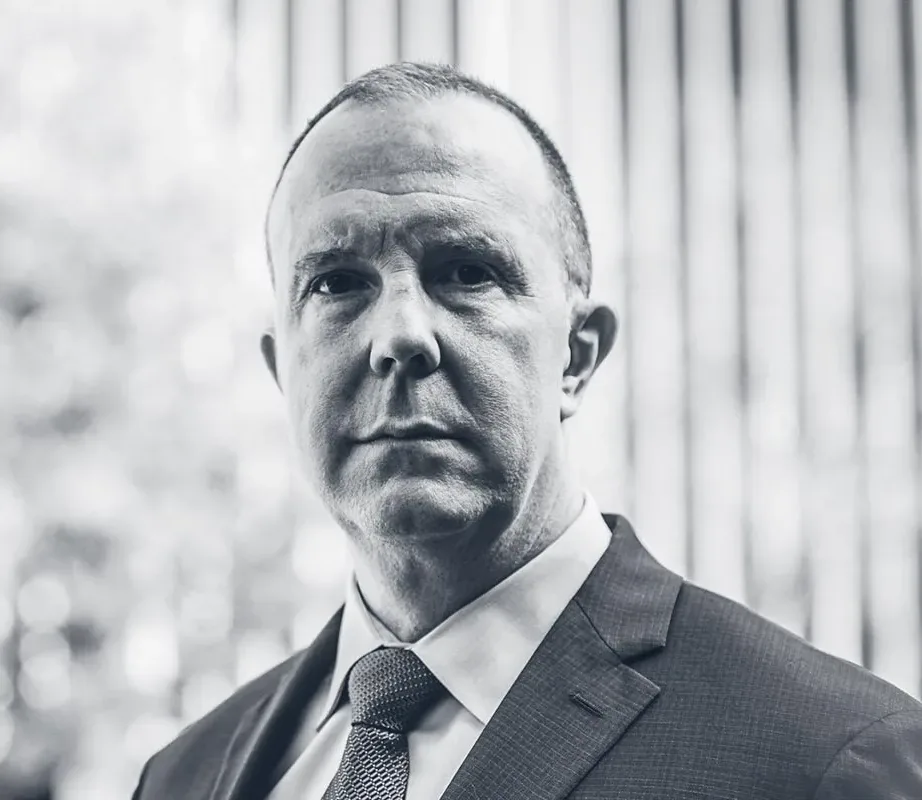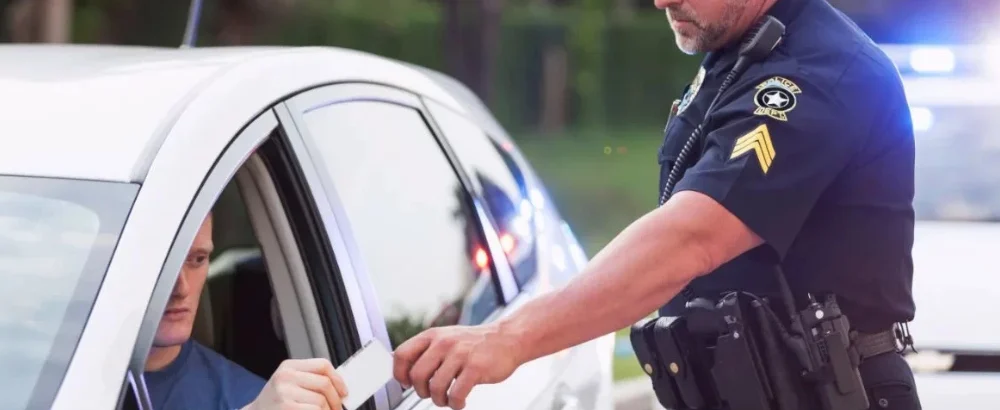A third DUI in Michigan is a felony that brings significant penalties, including possible prison time, long-term license revocation, and strict supervision. When you begin comparing attorneys, you should have clear information about what the case involves, what the evidence means, and how your court typically handles repeat-offense DUI charges. A strong defense starts with understanding the facts, the strategy, and the steps that can improve your outcome before you ever walk into court.
Why Hire Our Team?
Hiring a lawyer for a felony DUI, known in Michigan as Operating While Intoxicated (OWI), requires careful comparison. Here are the factors that matter most:
- 5-star client satisfaction and decades of DUI/OWI-focused defense
- Clear explanations of evidence, sentencing trends, and case strategy
- Extensive experience in felony DUI/OWI courts throughout Metro-Detroit
- Thorough review of video, testing, and police documentation
- Guidance on preparing for evaluations, treatment, and sentencing requirements
- Free, confidential phone consultations
These points help you understand our approach and what you can expect from the start.
What to Look for When Hiring a Lawyer for a 3rd Offense DUI/OWI in Michigan
A third DUI/OWI requires an attorney who can explain how the evidence will be evaluated, what outcomes are realistic in your county, and what preparation will matter most. Strong DUI/OWI lawyers handle these cases regularly and understand what clients need to know.
As you evaluate your options, consider:
- Whether the lawyer explains their DUI/OWI defense process in detail
- If they regularly handle felony DUI/OWI cases in the county where your case arose
- How they discuss sentencing expectations for your specific court
- Whether their explanations feel grounded in real experience
- If they offer direct, clear next steps rather than sales talk
Taking time to compare lawyers will give you more confidence in your decision and help you avoid choosing someone based on pressure or urgency.
Penalties You Might Face for a 3rd DUI/OWI in Michigan
Michigan treats a third DUI/OWI as a felony, even if your previous offenses were many years ago. A conviction can include:
- One to five years in prison – OR
- 30 days to 1 year in jail with probation
- Lengthy probation with alcohol testing
- Mandatory treatment or rehabilitation programs
- Vehicle forfeiture or immobilization
- Possible license revocation for up to 5 years
- Significant fines and court costs
The degree of supervision and the likelihood of jail vary by county, judge, and the specifics of your case. A good attorney will outline the most likely consequences and what can be done to reduce them. In many cases, mandatory jail can be avoided with the proper strategy.
How Evidence Shapes a Felony DUI/OWI Defense
The evidence will guide nearly every decision in your case. Police reports, chemical tests, and video recordings often determine what negotiations are possible and whether any issues can be challenged. A proper evidence review includes:
- The legality of the traffic stop
- The accuracy and reliability of breath or blood testing
- How field sobriety tests were administered
- Consistency between reports and video
- Medical or environmental factors that may have affected testing
A lawyer should walk you through the strength of the evidence and explain what issues may help your defense.
Why Court Location Matters for a 3rd Offense DUI/OWI
Sentencing for felony DUI/OWI varies widely across Michigan. Some courts emphasize treatment and structured monitoring, while others are far more punitive. This makes local experience one of the most important factors in choosing representation.
Courts differ in:
- Required alcohol-use evaluations
- Probation length and conditions
- Eligibility for alternative sentencing
- Expectations for treatment or counseling
- How they view voluntary steps taken before sentencing
A lawyer who regularly appears in your court will understand what preparation is expected and how to help you present yourself in the strongest way possible.
How Your Alcohol-Use History Influences the Case
In a third DUI/OWI, courts place significant weight on a person’s alcohol-use history. Judges want to know whether you have taken responsible steps since the arrest. You may be asked to complete screenings, begin treatment, or document your progress before sentencing.
We help clients prepare by guiding them through evaluations, gathering documents, and developing a thoughtful plan that can improve how the court views the case.
Your Next Step Toward a Better Outcome
A third offense DUI/OWI is serious, but you do not have to face it without guidance. We will answer your questions, explain how things work, and help you understand what you can do to protect your future. Contact Jeffrey Randa and Associates today for a free and confidential consultation.
Frequently Asked Questions
Is a 3rd DUI/OWI automatically charged as a felony in Michigan?
Yes. Michigan law requires any third DUI/OWI to be charged as a felony.
How long will my driver’s license be revoked?
This depends on the date of your prior convictions. In some cases, it’s possible to avoid a revocation altogether, while in others, the law requires it for at least five years.
Do you handle cases throughout Michigan?
We represent clients in Wayne, Oakland, Macomb, and the surrounding counties.


